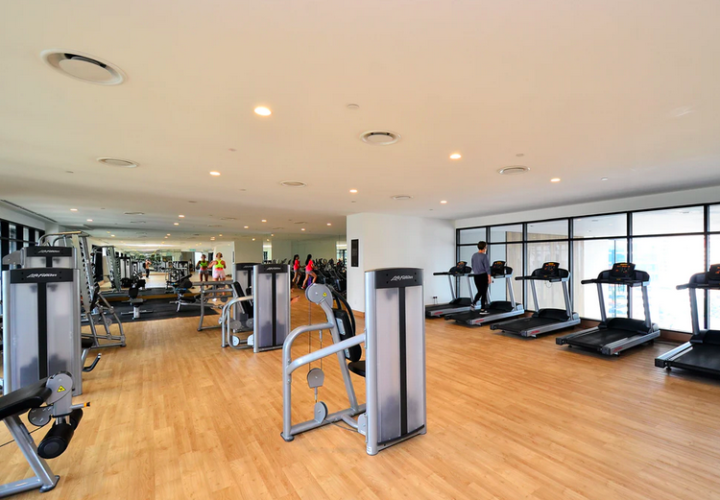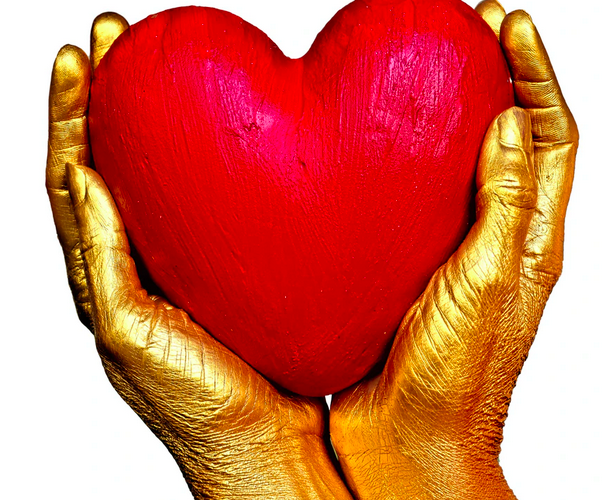Even if you’re not someone who is very active, being educated on your heart rate and its effects on your body is VERY important. Knowing about your heart rate can help you and others spot developing heart problems which could save a life.
Your pulse or heart rate(HR) is the number of times your heart beats per minute and varies from person to person. As you age, changes in the rate and regularity of your HR can change and may signify a heart condition or another condition that needs to be addressed.
Where to find your heart rate
There are quite a few places to find your heart rate. While there are many pulse sites on your body from head-to-toe the easier ones to find are; radial, carotid, and dorsal pedal. In other terms, your wrist thumb side, your neck, and the top of the foot. For the most accurate reading you would take someones pulse for 60 seconds. However, you can take someones for 15seconds and then multiply it by 4. Doing this will just have a margin of error and won’t be 100% accurate.
It’s best to take someones HR when they’ve been resting, known as Resting Heart Rate (RHR). RHR is when the heart is pumping the lowest amount of blood needed for function. When calm and relaxed, your heart rate is normally between 60bpm and 100bpm. However, the heart rate could be lower than 60bpm. It doesn’t mean there is a condition you should be concerned about, it could be the result of taking medications such as beta-blockers. Also, if you’re someone who is athletic you’re more than likely going to have a lower HR too. Sometimes an athletic persons heart rate could be 40bpm due to their heart muscles being in such good condition.
factors that affect heart rate
While there are a variety of factors that can affect your HR such as your fitness level, cholesterol, weight, and age; lets talk about some you may not even think of. These include but are not limited to:
- Air Temperature. This probably seems a bit strange, but it’s true! When the temp as well as the humidity, get pretty high up there, your heart pumps a bit more blood. In return, your pulse rate can increase, but not anymore that 10-12 bpm.
- Body Position. Whether you are resting in bed, sitting on the couch, or just standing, your pulse is relatively the same. However, when you sit and then stand you pulse can fluctuate same with getting out of bed to standing. But after a couple of minutes your pulse should calm down.
- Your Emotions. I know life is STRESSFUL! But, this can take a toll on your heart rate. If you’re stressed, anxious, overly excited, or even extraordinarily sad/depressed, your heart rate can and will change.
- Lastly, your Medications! Certain medications can block your bodies adrenaline which in return slows down your pulse. While too much thyroid medication or too much of a dosage will raise it.
When to call your doctor
If your pulse rate is consistently above 100bpm or below 60bpm (unless you’re an athlete as stated above) you should call your doctor. Depending on what the doctor says, some tests might be done. This includes an electrocardiogram, imaging tests such as a cat scan or echo-cardiogram, and lab tests that look for conditions in the blood.
Besides a high/low pulse rate, some other things to look for and mention to your doctor include but are not limited to the following:
- Any shortness of breath
- Fainting or feeling lightheaded/dizzy
- Feeling fluttering or palpitations in your chest
- Having pain/discomfort in your chest


